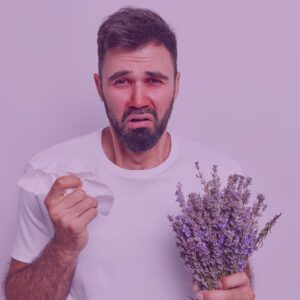T
My goal is to provide you with the safest and healthiest ways that you can overcome any ailment without harsh chemicals/medicines. I have been researching and using natural remedies for years and a lot of these remedies come from years of family secrets and recipes.
View All Articles